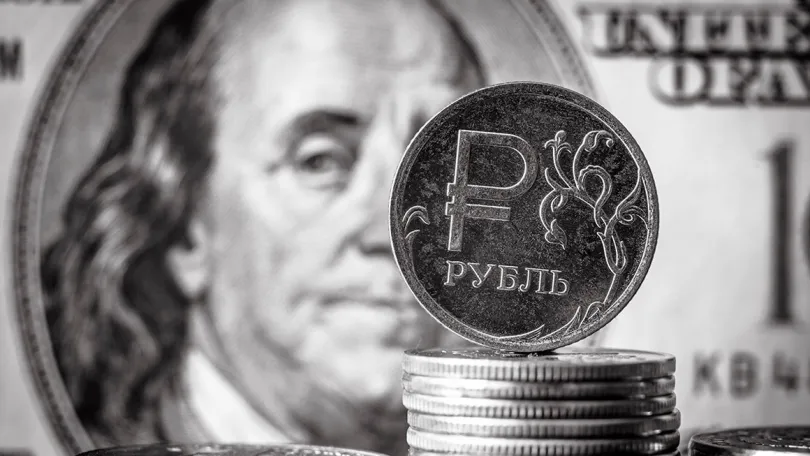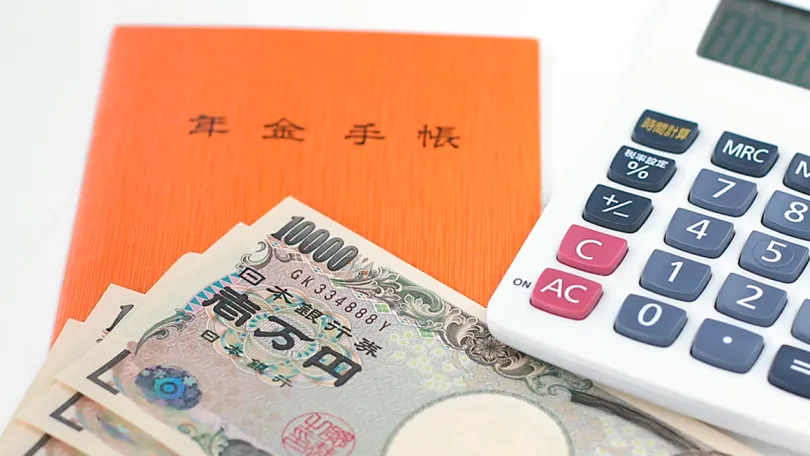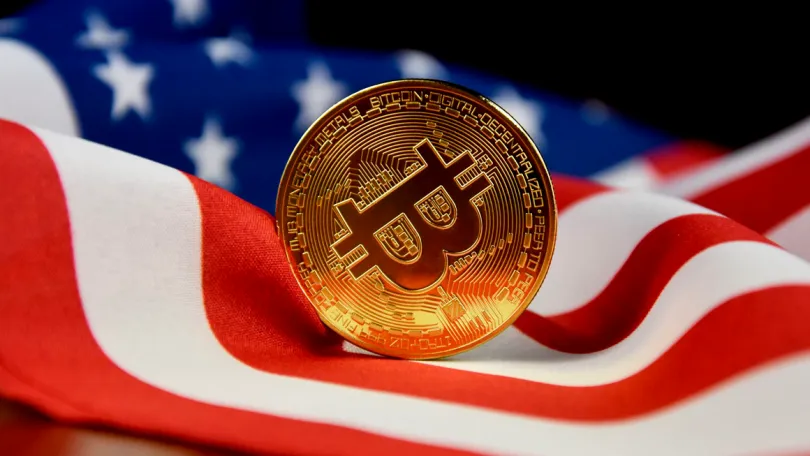
The freezing of more than $300 billion of Russian assets by international authorities in response to the conflict in Ukraine is an important development. This is a significant portion of the Russian Central Bank's reserves, which were mostly held in Europe. The question now becomes: what will be done with these frozen funds?
The plan to use these assets is unprecedented and raises difficult questions. It involves giving a foreign power the authority to redeploy central bank assets, a move never before seen in the history of world conflict. Yet this is exactly what Joe Biden is proposing as he tries to convince his European allies to support the plan. Ukraine is also actively lobbying for European and American leaders to endorse this maneuver.
The countries involved must come to an agreement on how the funds will be used. Will they be used to rebuild war-torn Ukraine or to support the war effort? According to the New York Times, the U.S. and its allies plan to announce the use of the funds in February, coinciding with the second anniversary of Russia's invasion of Ukraine.
Despite the optimism displayed by the Biden administration, there are concerns and controversy surrounding this measure. In addition to its unprecedented nature, there are fears that it could destabilize the global economy. The central bank reserve system relies heavily on trust, which has allowed Russia to accumulate assets in #Europe. Using these frozen assets would disrupt this system, which could undermine central banks' confidence in the stability of their own reserves.
In addition, the move could accelerate the process of dedollarization, a topic that is attracting increasing attention around the world. Giving authority to reallocate these funds could undermine confidence in the U.S. dollar and the euro. Economist and Nobel Prize winner Robert Shiller expressed this concern in an interview with Italian media outlet La Repubblica, saying that confiscating Russian funds and handing them over to Ukraine would be a risky move that could have disastrous consequences for the dollar system.
Schiller believes that such an action would be the first step toward dedollarization and potentially lead to the rise of #China and its yuan as the world's currency. The international public has been increasingly critical of the dollar's dominance and the #sanctions caused by its widespread use. In addition, the decision could strengthen Russia's arguments that the United States is waging a proxy war under the guise of protecting Ukraine.
Given these factors, the maneuver to use frozen Russian assets is fraught with danger. Schiller urges various governments to exercise extreme caution and carefully consider the possible consequences of such actions. The consequences go beyond the immediate conflict, affecting the global financial system and potentially changing the dynamics of international currencies.




























